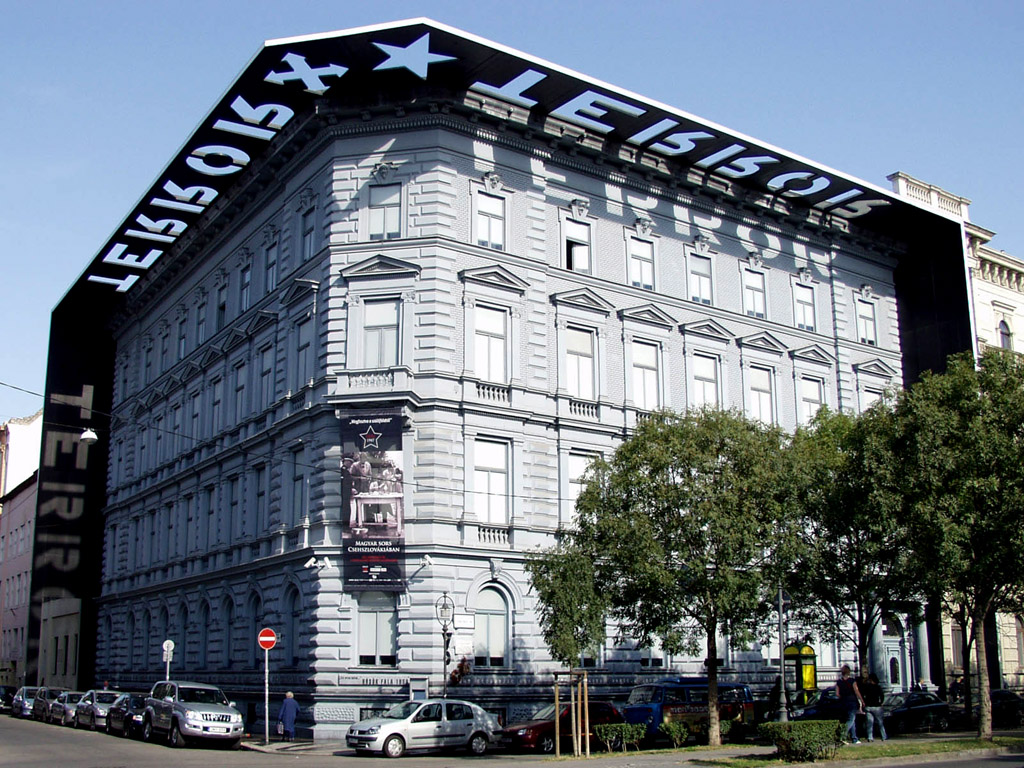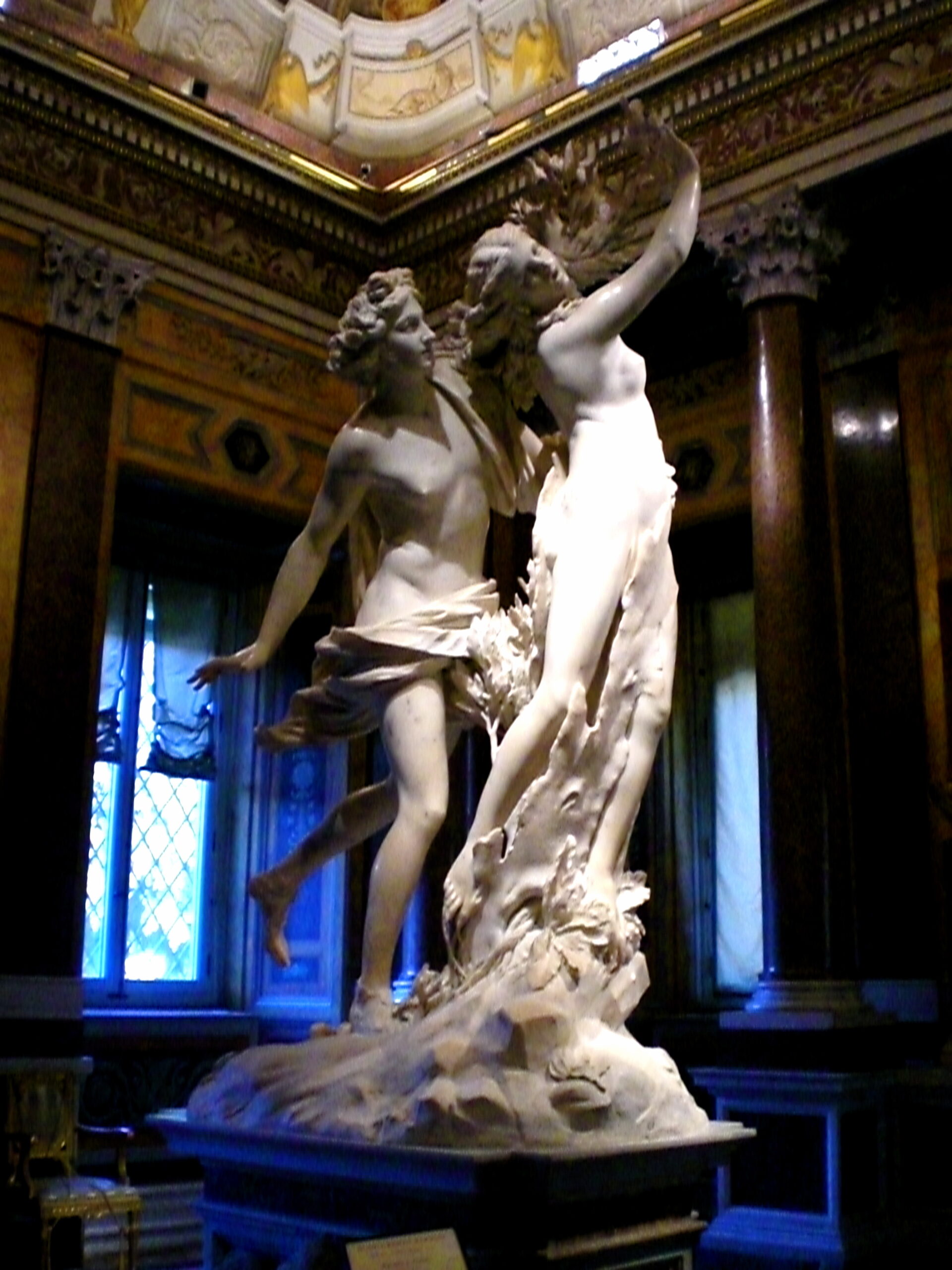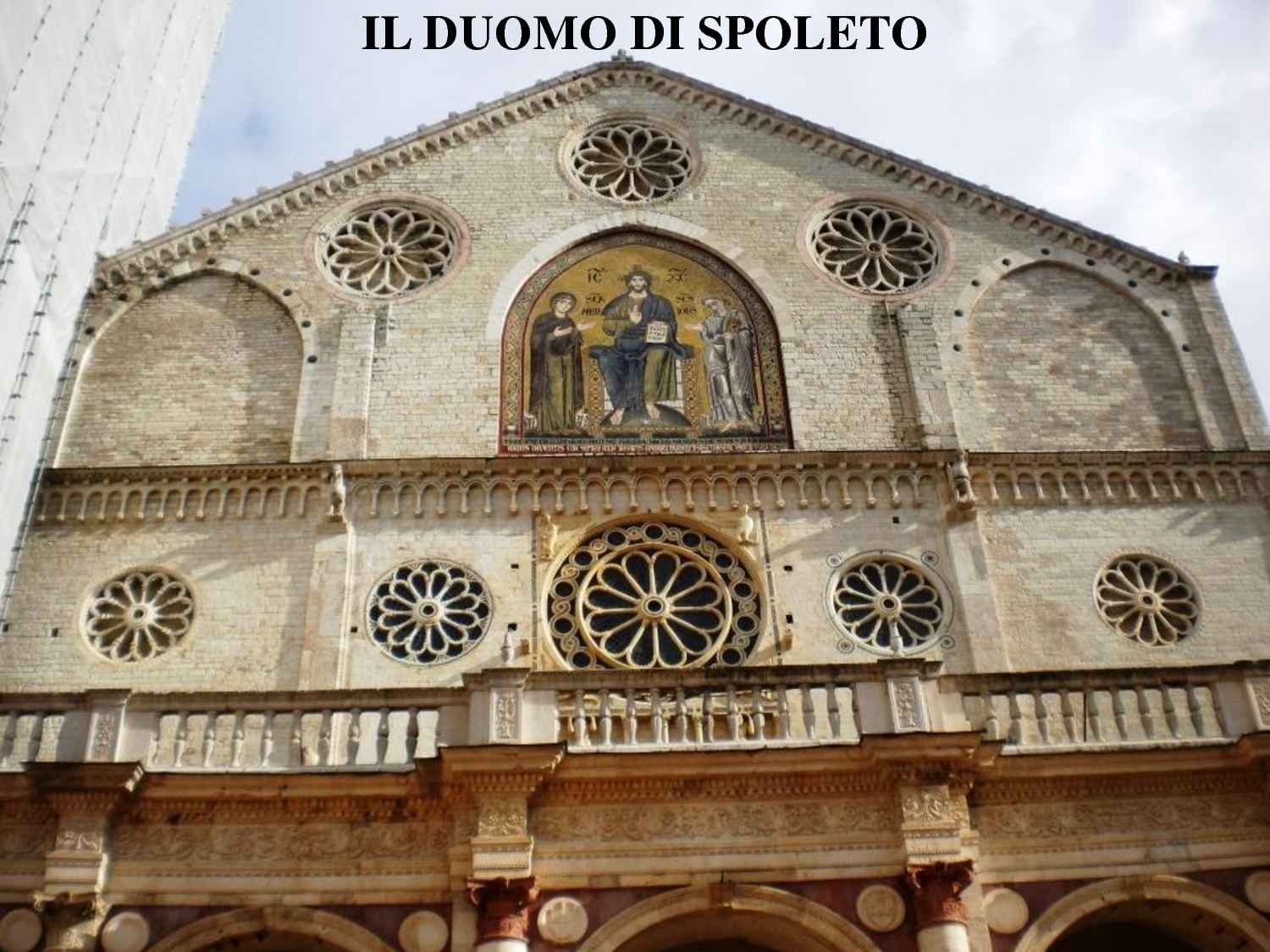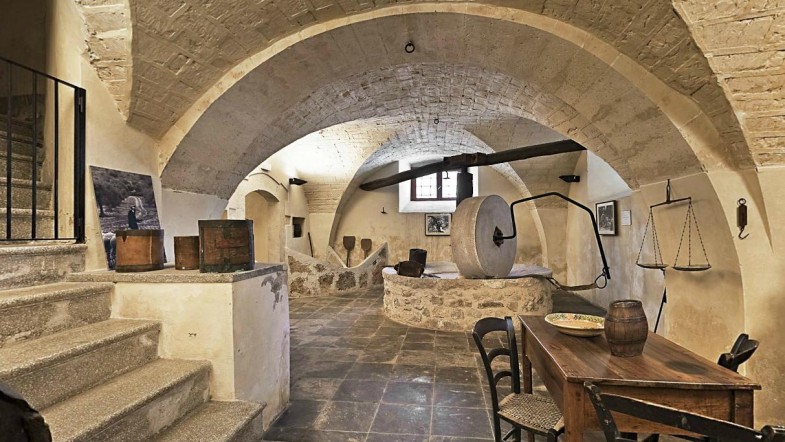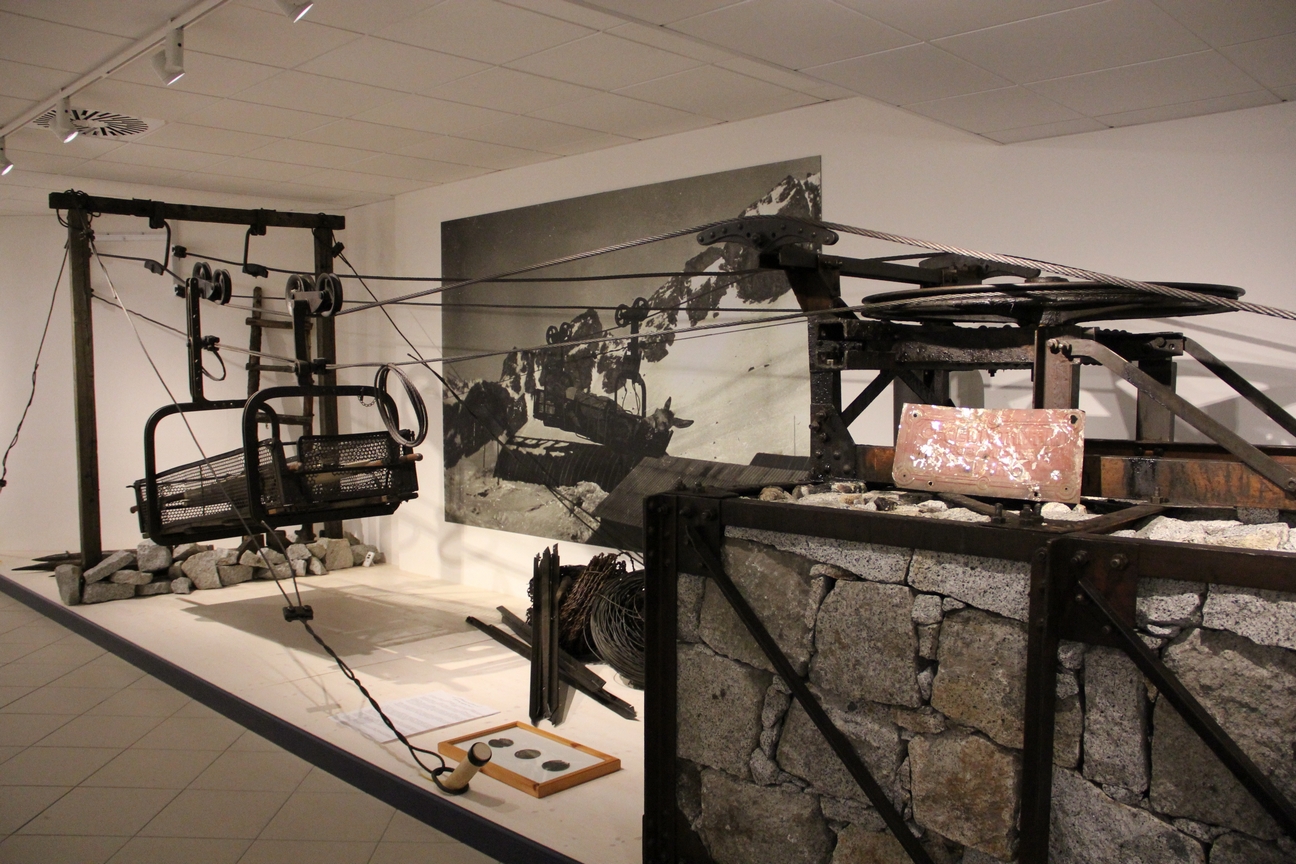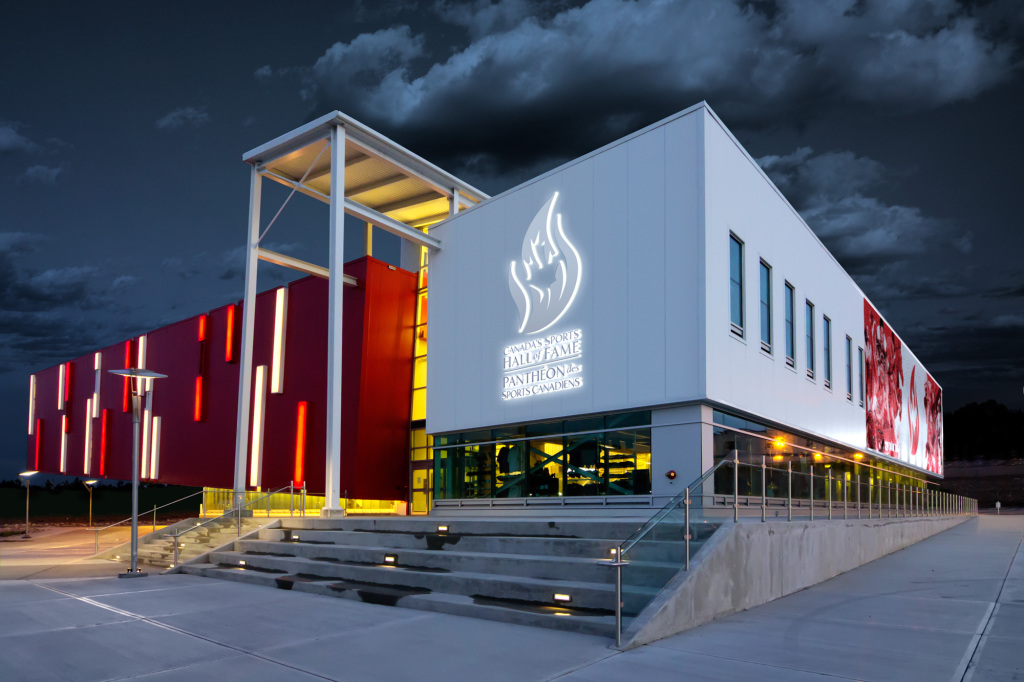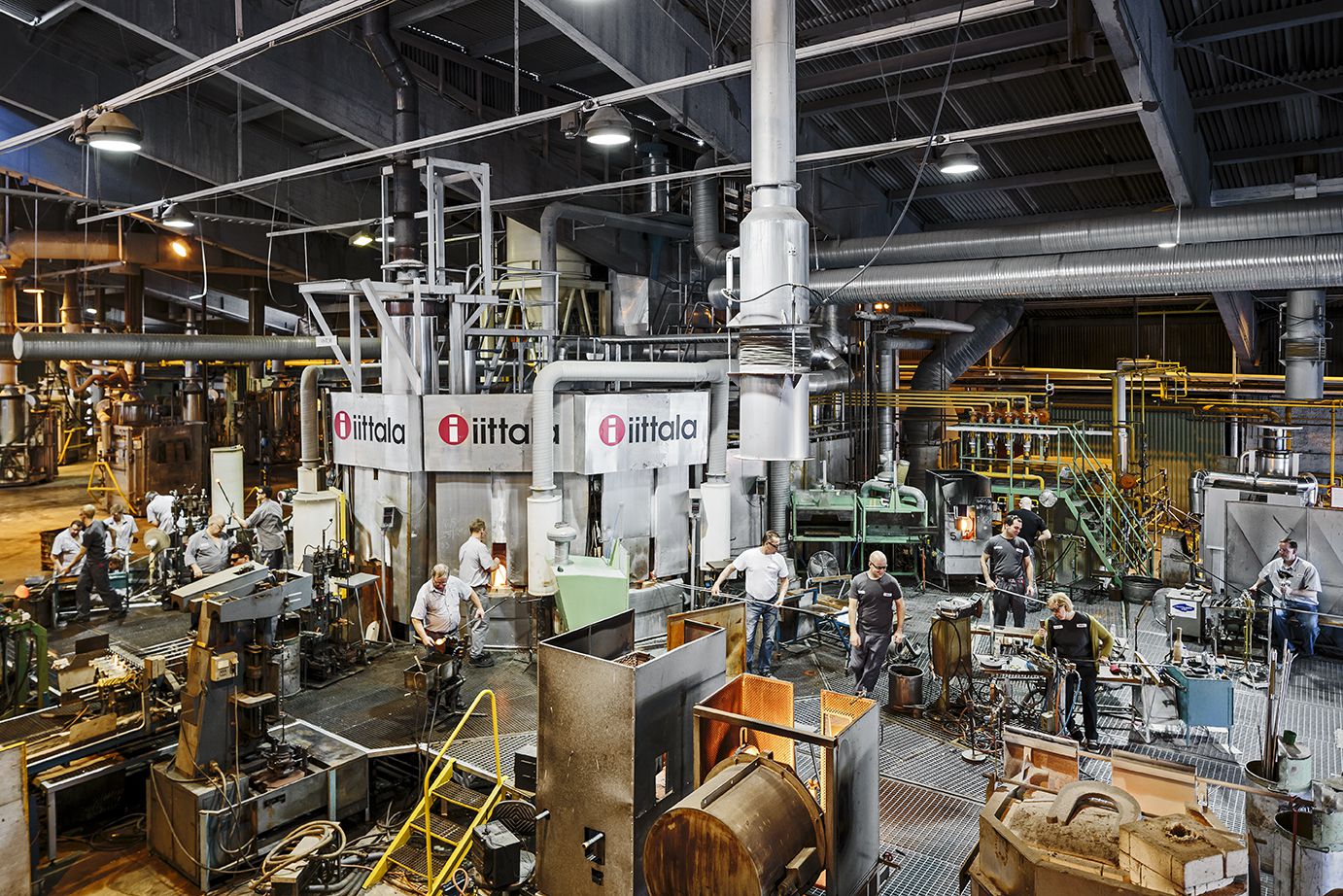The House of Terror Museum is nowadays the Hungarian capital, an iconic building, and symbol of Budapest. The XX. The first half of the century left bloody and cruel clues on Andrássy Avenue, which the decades that followed have failed to wash. The museum, which is tortured and cruel to death victims, is the building that offers many lessons for its visitors.
Forty-six years after the communist-state authority left the palace below Andrássy Avenue, Budapest, in 1956, the property was given the chance to re-emerge. The building on Budapest’s most beautiful avenue – a multiplicity of symbols of Hungarian history – reminds us of the suffering and violent death of thousands of innocent people.
Visit the House of Terror Museum and become part of a unique exhibition featuring the XX. century history of Hungary with terror and dread.
The history of the Neo-Renaissance estate of Andrássy út 60 dates back to 1880, according to plans by Adolf Feszty, was originally built as a dwelling house. In 1937, the Szálasi wing of the Hungarian National Socialist Movement rented premises here, which foreshadowed the later fate of the building, and its walls over the next two decades witnessed countless cruelties.
The most loyal followers of Stalin, at that time, were fully aware of the vacant headquarters of the Arrow Cross, so that they no longer determine what is guilty, who is to suffer and who is in a cruel death. At that time, the building was named House of Faith, with its primary function as a collection center or as a prison. The building became the headquarters of the then political police since 1945 and the new owners took possession of cellars under the surrounding buildings as a result of the growing number of detainees and a cellar-maze labyrinth. Liberation was brought to the building by the Revolution and War of Independence of 1956, but by then all its stones absorbed a great deal of human suffering and cruelty.
